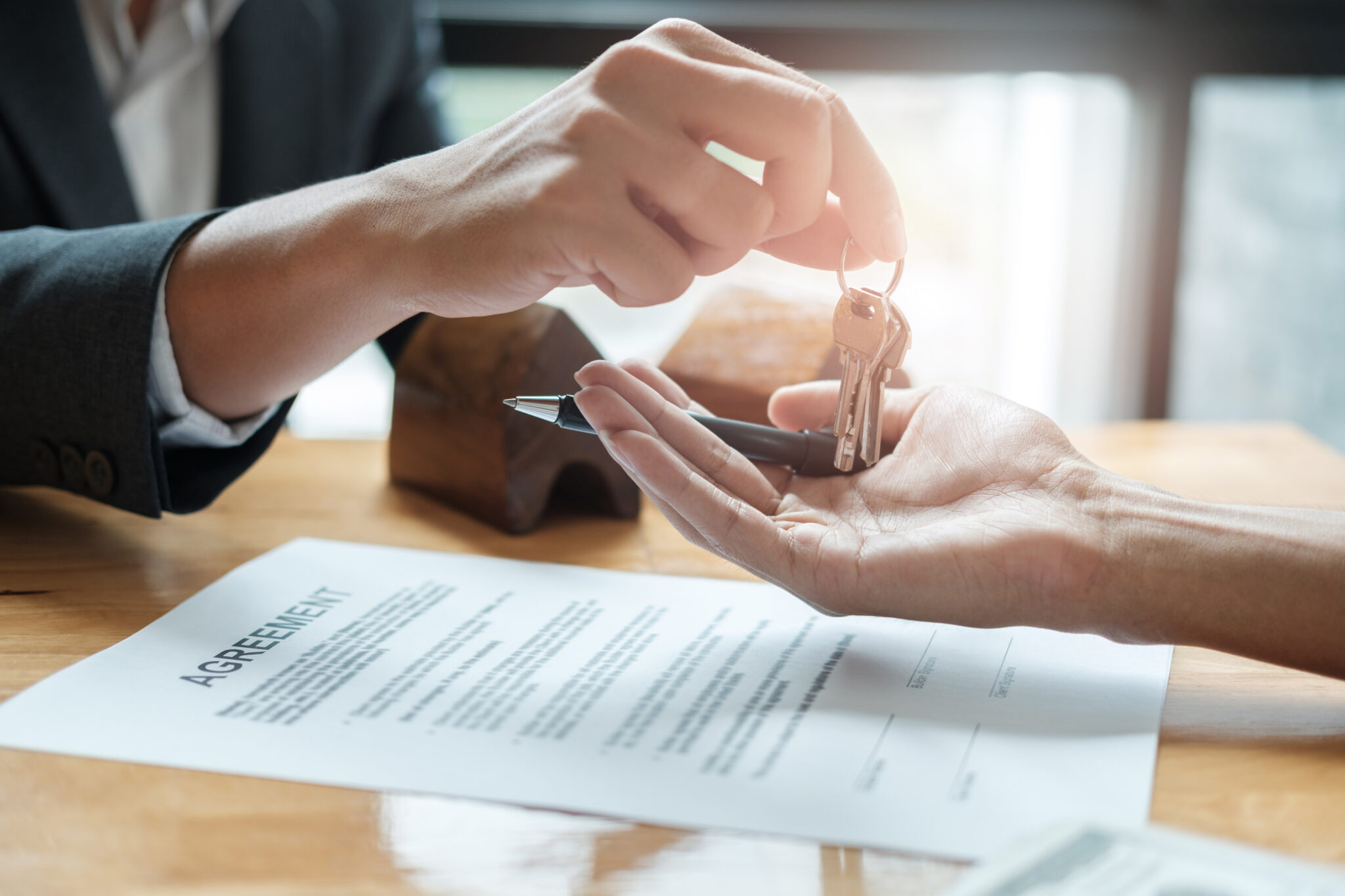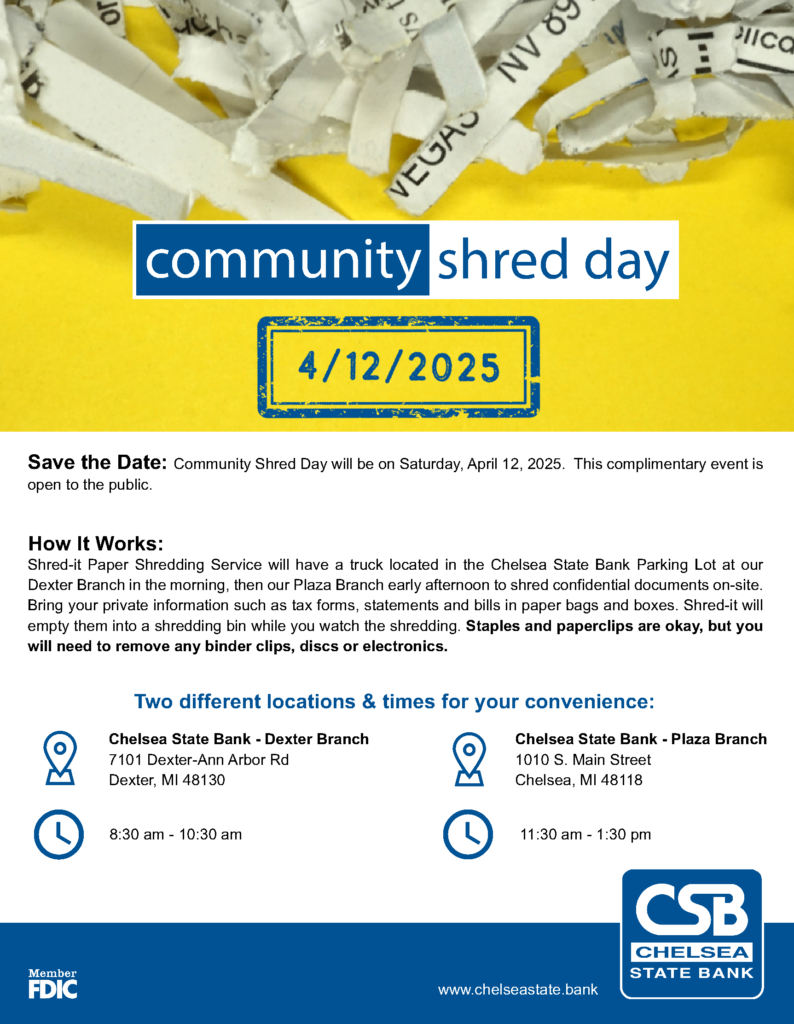
Buying a home has always been built into the American dream, but in the wake of the housing crash, a new generation of homebuyers is treading more carefully whether to buy instead of rent a home.
Having the experience growing up during the Great Recession, there are some things that prospective millennial home buyers will need to know and be aware of before choosing to purchase a home:
- The buyer is responsible for more than just the mortgage payment if you buy instead of rent a home. There are also taxes, insurance, maintenance and repairs to consider. In addition, many neighborhoods today have Homeowner Association dues.
- The homeowner has less flexibility to move. After buying a home, it’s not as easy to move when considering a new job in another town.
- The market and home prices can fluctuate. The appreciation or depreciation of the property value depends on when the home was bought, whether during a boom period or a bust period. The property may not appreciate at the rate anticipated, leaving the homeowner with little equity when planning to sell it.
Knowing this, however, here are four reasons to buy instead of rent a home:
1) Buying a Home Puts Down Roots
While renting is more flexible for millennials, buying a home has the potential for long-term payoff, with possible tax advantages and quality-of-life benefits. Comparing the costs of buying are more varied and complicated than for renting, so it’s important to look beyond just the numbers when considering your move.
As part of the American dream, you put down roots when you buy a home. Although it’s better to rent if you won’t be staying long or if your plans are uncertain, that kind of flexibility comes with a price. It’s harder to feel established in a neighborhood if you aren’t a homeowner. Owning your home means you can paint a room any color you want, you can change your floors from carpet to wood, and you can put a new chandelier in the dining room without asking a landlord for permission. And oftentimes, these home improvements will increase the value of your property.
2) Buying a Home Builds Wealth and Tax Advantages Instead of Rent
Month by month, you pay down the mortgage and increase your equity — the amount of money you can sell the house for less than what you still owe on it. Over a lifetime, home ownership helps you build wealth.
When you decide to buy a home, there could be tax benefits when buying rather than renting. It may be reason enough to buy and invest. Homeowners can usually deduct mortgage interest on their federal income taxes.
This is an important deduction for many people because interest payments are often the largest part of a mortgage payment in the early years of owning a home. You can also deduct some closing cost fees and your property taxes. You’ll always want to consult with a tax advisor.
3) Paying a Fixed Home Mortgage Stabilizes Your Budget
As anyone who has rented a home or apartment knows, rent hikes are the norm and often out of your control. If you’re in an area without rent control, the landlord can raise the rent whenever he or she decides.
Even with rent control, there are exceptions and you can’t count on your rent remaining stable. If you buy a home and take out a fixed rate mortgage, your house payment stays the same for the life of the loan, whether it’s 15 or 30 years.
4) Does Buying a Home Cost Less Than Renting?
Buying is usually the cheaper alternative over the long term. While your mortgage payment initially can be more than your rent payment, you will typically spend less over the life of the loan if you buy. Rents may rise over time, changing the equation. Also, given the tax benefits of home ownership, your true out-of-pocket costs from day one can be less than if you rent. Again, you’ll always want to talk with a tax consultant.
For many people, owning a home makes more sense financially and from a lifestyle perspective than renting a home or apartment. When you factor in the possibility that real estate values often go up over the years, home ownership looks even better. The cherry on top is that when your mortgage is paid off, you can stop making payments, but you keep the house.




